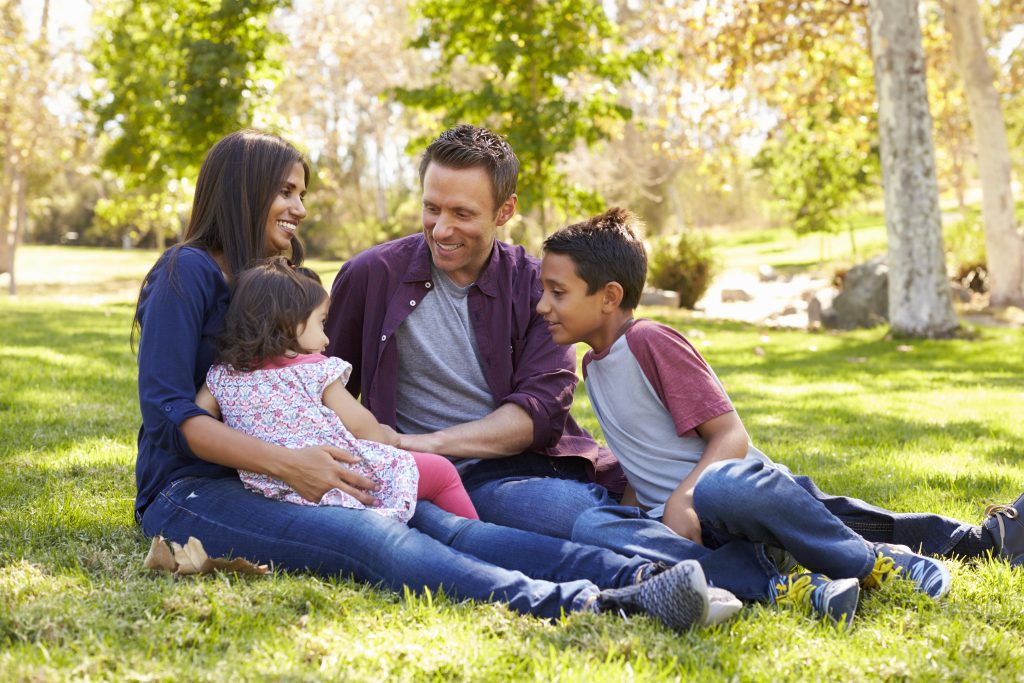Crafting Meaningful New Year Celebrations For Families
New Year celebrations often involve big, rowdy, and late-night festivities centered around food and alcohol. However, such revelry may not align with the preferences of young children or adults seeking a quieter, more reflective experience. Despite these common traditions, families have the flexibility to shape their New Year celebration to meet their unique needs and desires.

To make the New Year meaningful for children, families can draw inspiration from old traditions while introducing new elements that resonate with their values. Acknowledging that staying awake until midnight might be challenging for children, one approach is to celebrate the New Year when it begins at the international date line or with the first nation to experience it, such as the Pacific Islanders of Kiribati. This shift allows families to create their traditions, fostering a celebration that better suits the needs of their children.
A unique family meal can be a cornerstone for the celebration, offering a venue for sharing thoughts and memories about the past year. One creative way to engage children in reflection is to maintain a jar where family members can deposit notes whenever positive events occur. This “memory jar” becomes a source of joy and reminiscence when opened on New Year’s Eve.

The New Year also provides an ideal opportunity to cultivate gratitude by reflecting on the blessings and lessons of the past year. While acknowledging the challenges and hardships, the focus can be on positive aspects, appreciating the people and events that have enriched our lives. Engaging in spontaneous memory-sharing or systematically reviewing the year month by month can deepen this reflective process.
Remember these three questions—”What was the most delightful thing that happened?”, “What was the most critical thing that happened during the year?” and “What happened that you didn’t expect but was greatly appreciated?”—can enhance the reflective process for adults and mature children.
Looking ahead to the future, families can imaginatively prepare for the upcoming adventures and challenges that children may face in the coming year. This could involve starting school, taking up a new activity, or planning family trips. Encouraging children to approach these challenges with positivity and energy, rather than dwelling on fears, sets a constructive tone for the year ahead.

Introducing traditions that offer blessings for the New Year, such as poems or blessing notes, can provide a positive start to the year. For example, a game involving little blessing notes on cards tied to strings over a bowl of water can engage children in a joyful and meaningful way, with each note becoming a personal message for the year.
Moreover, a New Year celebration can foster deeper communication among family members, encouraging them to share stories, experiences, and lessons learned throughout the year. As children grow, this annual sharing evolves, becoming an opportunity to reflect on meaningful learning rather than just recounting events.
Encouraging storytelling throughout the year after being away from each other strengthens listening skills, empathy, and appreciation for other’s narratives. In this context, New Year becomes a unique occasion for a particular family time, offering genuine connection and reflection that should not be missed—even if celebrated during the day if an evening celebration is not feasible. The opportunity to create meaningful family traditions and foster communication is too precious to overlook.
